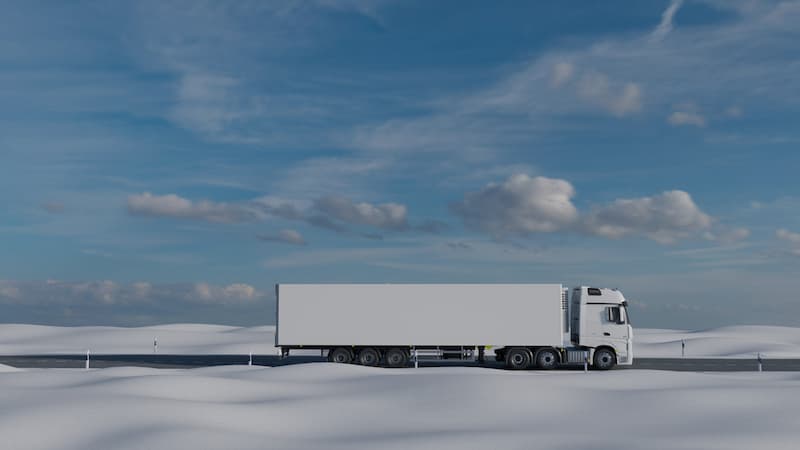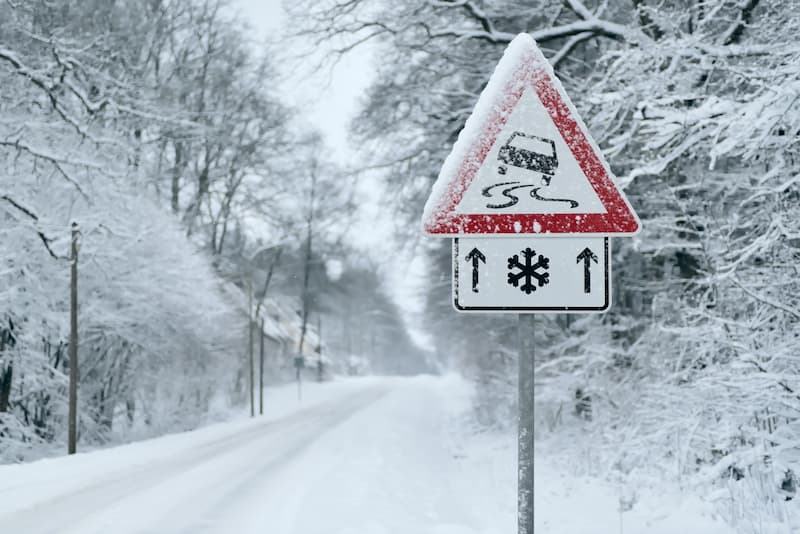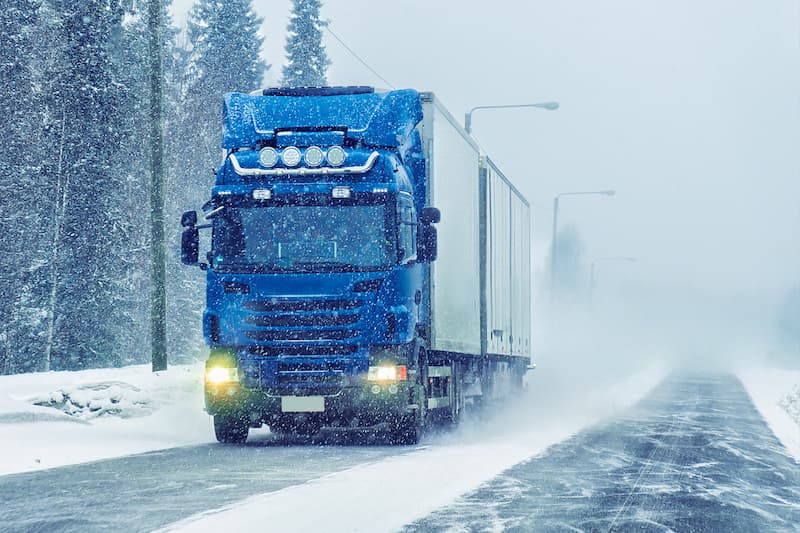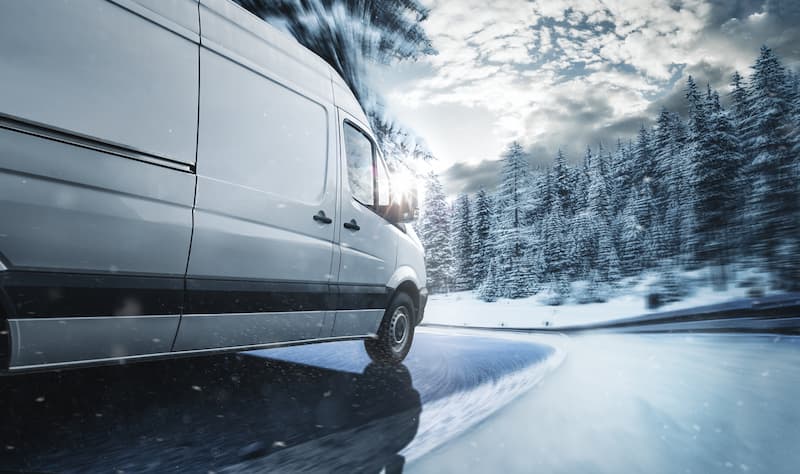Winter Tips for Truckers
The winter season is a challenging time for the HGV sector as the combination of worse weather and increased activity creates too many opportunities for accidents. As a result, it’s 20% more likely that vehicles will be in an accident during winter; this shocking increase is across all commercial and domestic road users.
With HGV drivers required to work on public roads, they will be exposed to everyone struggling to drive in winter conditions. With Christmas fulfilment operations increasing activity, it is vitally important that commercial drivers improve their safe driving to maintain high productivity.
Vehicle Awareness
Due to the nature of some freight vehicles, road conditions can be hazardous. Even smaller vehicles with full loads will need to consider their centre of gravity when taking icy corners to prevent dangerously spinning out. Larger HGVs with trailers will have a similar but more extreme problem, as losing control of the trailer will likely result in a catastrophic accident. For example, excessive breaking around icy corners will likely swing the trailer. Therefore, we recommend gentle braking on straight sections to maintain full control.
Drivers should always bear their vehicle’s weight distribution in mind during winter to manage the road conditions and be aware of nearby road users who will also be struggling.
Fill up Before Departing
Fleet managers will prepare for the Christmas rush by assessing their vehicles and drivers for reliability and productivity. Efficiency and safety are vital at this time of year to eliminate any disruptions that could have high costs to the company, and this is true for fuel.
Fuel management will significantly improve efficiency during winter as drivers can fill up with all the fuel they need to conduct the job without having to stop and refuel part-way. In addition, investing in bunded fuel tanks allows managers to reduce costs and work time as drivers can fill up before leaving their facility and not have to spend time in customer queues at public petrol stations.
Drive Slowly
The extreme weather that comes with winter driving conditions will become riskier throughout the nation. Snow and fog will obscure the driver’s vision and reduce reaction times related to their surroundings. This will be accentuated by the high likelihood of heavy rainfall and snow turning into dangerously icy roads and putting drivers at risk.
In general, driving at a steady pace is a recommended practice as it provides many benefits for fuel efficiency and safety; this is doubly true during winter. Excessive speed changes result in poor fuel management and use more than is necessary. Drivers will be required to brake harder frequently. Hard braking cannot be relied upon during winter due to the road conditions, so driving at a slower pace (whilst maintaining the speed limit) is recommended as your vehicle will not need to brake as hard and avoids the dangers of losing control on an icy road.
Increase Stopping Distance
Stopping distances should be adjusted all year round depending on the condition of the road. However, with visibility and road conditions being more unreliable during winter, it is advisable to increase them. When dealing with icy or wet roads, at least doubling (or more) the stopping distance is highly recommended to buy you enough time to stop your vehicle safely. For example, at 70mph, a large HGV needs 124 meters to come to a complete stop on an icy road.
This is where a driver’s experience will help make appropriate judgements based on current road traction, weather and adjacent drivers. One effective method for judging road conditions as you travel is to observe the amount of water spray; minimal amounts may indicate the water is freezing on the road surface.
Get Plenty of Sleep
The dark winter months are filled with busy activities, from preparing for Christmas after work to visiting friends and family; these exhausting times can drain a driver’s energy levels and make them feel sluggish. Moreover, road awareness is more demanding during winter with all the extra challenges, putting further strain on busy transport divers.
Lack of rest is extremely dangerous to any driver as it slows down reaction times immensely and increases the chance of road accidents. UK government regulations state a daily driving limit of no more than 10 hours a day to allow for sufficient rest in between.
Winter Survival Kit
When transporting goods over long distances, the chances of extreme weather changes are very high. Extended journeys and delays should be expected and planned for by maintaining a useful winter kit to provide essentials. Extra clothes should be packed in case you are in a much colder part of the country. With the dark nights at their longest, drivers should have a high-vis jacket and powered flashlight in case they need to check their vehicle safely.
At Fueltek, we have decades of experience supplying accurate fuel monitoring systems and effective fuel management software to a broad range of companies across the UK. Explore our catalogue to find the perfect solution for our fleet this winter. Contact us for any questions you have about our various services.











